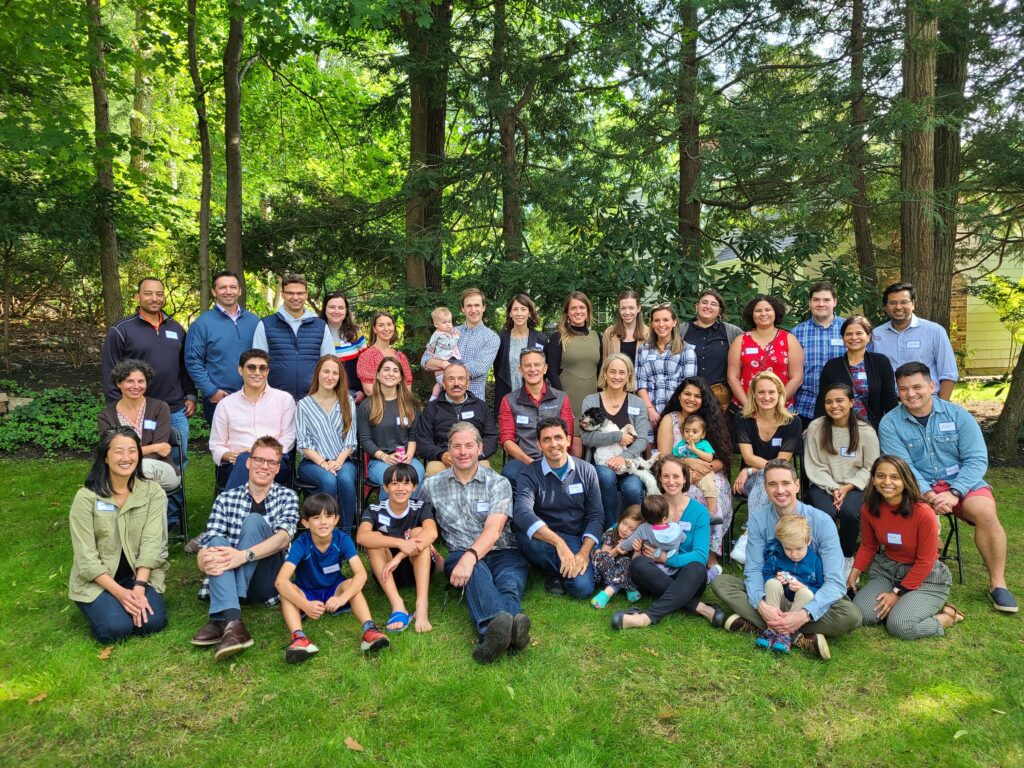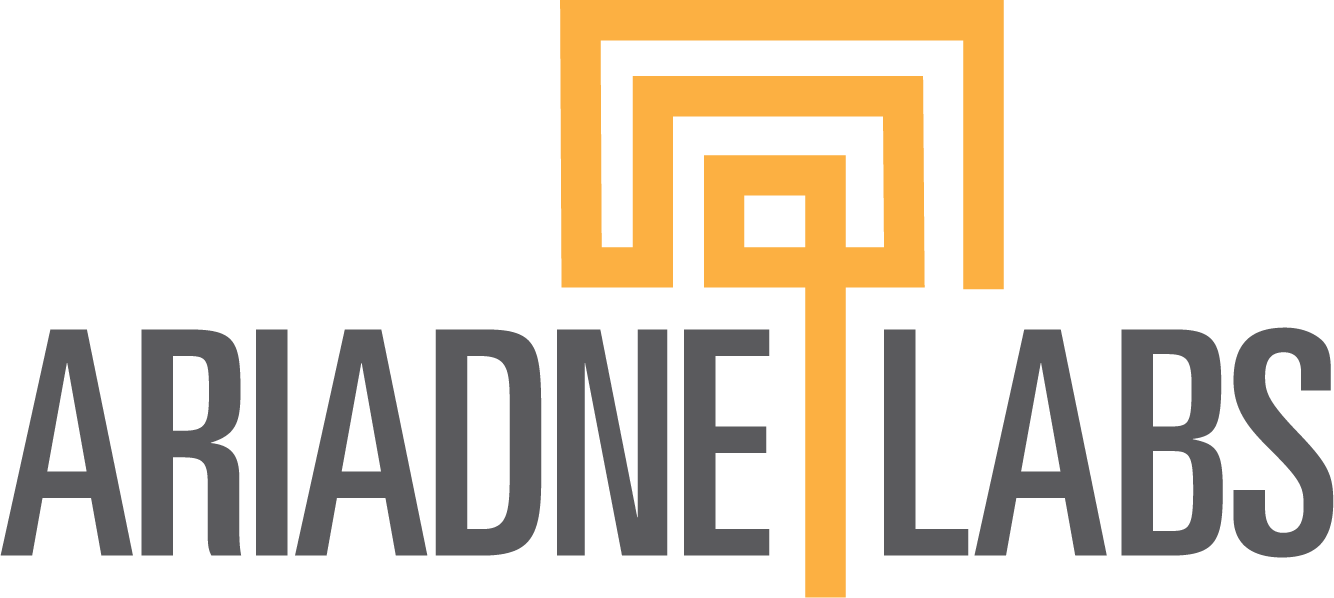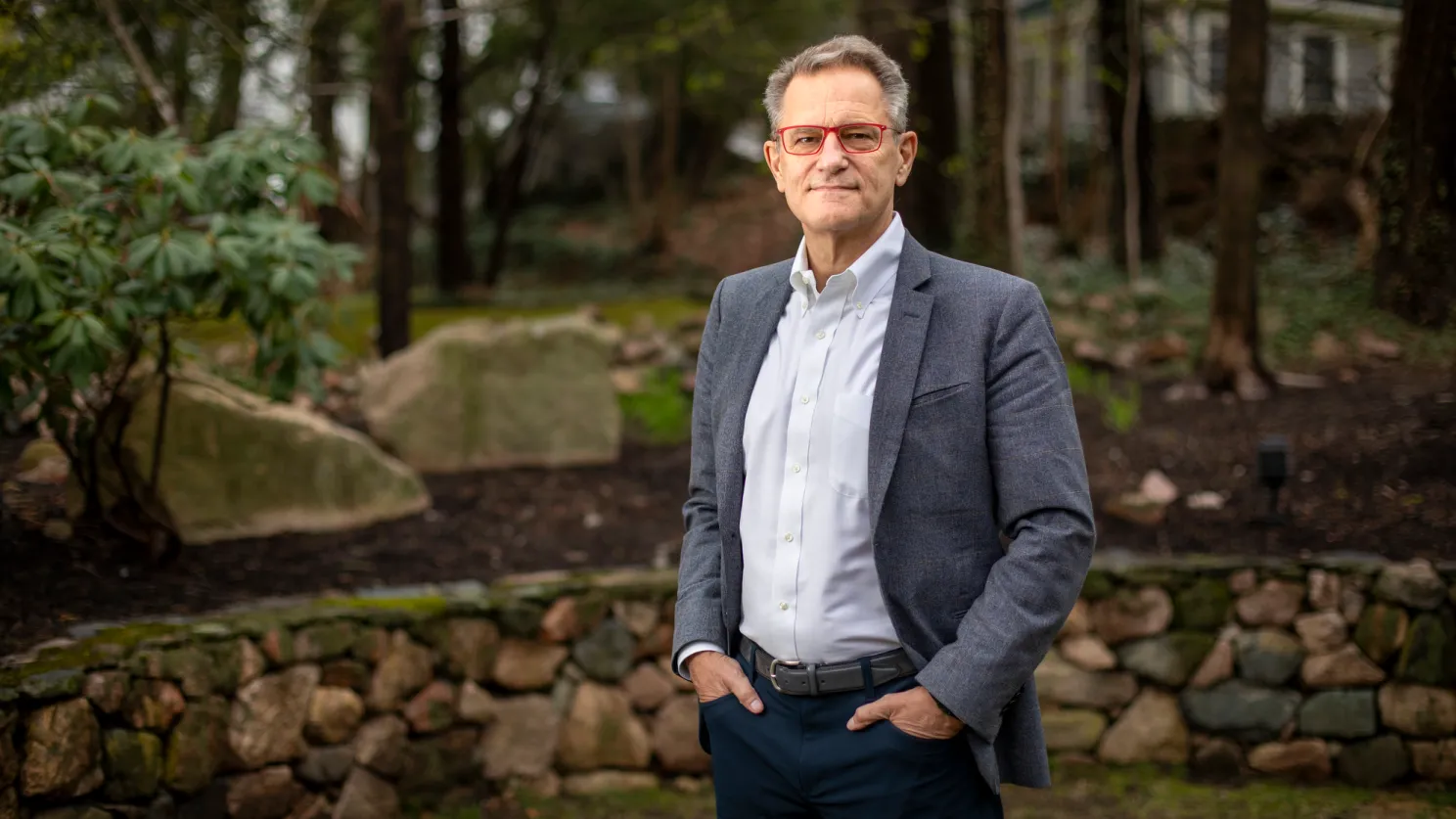Join Us
 The G2P Research Program has a long history of working with trainees to advance their career development, and with young investigators to advance their research skills.
The G2P Research Program has a long history of working with trainees to advance their career development, and with young investigators to advance their research skills.
Opportunities exist for undergraduate, graduate, and postdoctoral fellows to contribute to and expand high-profile studies that are re-shaping the way genomics is being integrated into medicine. Please click through the options below to learn how you can engage with our programs.
The G2V (Genomes2Veterans) Research Trainee Program
Genomes2Veterans (G2V) is a translational genomics research program focused on the implementation of genomics innovations into the routine practice of medicine, including pharmacogenomic testing, polygenic risk scores, and the return of genetic results to research participants in a national biobank.
Opportunities exist for undergraduate students, graduate students, medical students, pharmacy students, postdoctoral fellows, and recent graduates to contribute to and expand high-profile clinical research studies and implementation projects that are re-shaping the way genomics is being integrated into clinical care at the VA.
Trainees work with Dr. Jason Vassy and the entire G2V Team to observe clinical research activities and implementation projects, as well as conduct independent projects that build skills and advance their career goals.
If you are interested in pursuing a research opportunity with us, please complete our G2V Trainee Interest Form.
Opportunities for Medical Students
Many opportunities are available within G2P for medical students. Students at any point in their medical school training are welcome to apply for a research trainee position by completing this G2P Trainee Interest Form. Note that we are open to other structures not listed here.
Harvard Medical School Scholars in Medicine Program
Harvard Medical School requires all medical students to undertake a scholarly project with a new mentor. The project is intended to foster critical thinking while cultivating practitioners who can both master and create knowledge. One result of this program is that many students have authored peer-reviewed papers. Students may spend three to five months—or even a year—carrying out a scholarly project. These projects need not be hypothesis-based, but the student should take a major intellectual role in designing and completing the work. Dr. Green is available to serve as a mentor to HMS students.
Please email Erin Drake with any questions.







